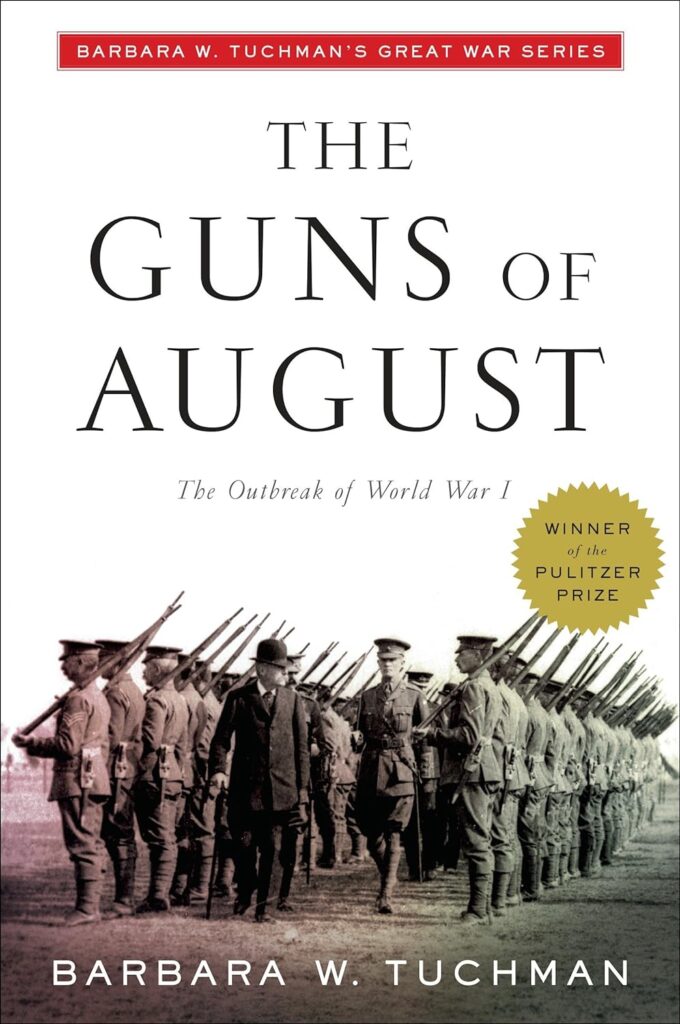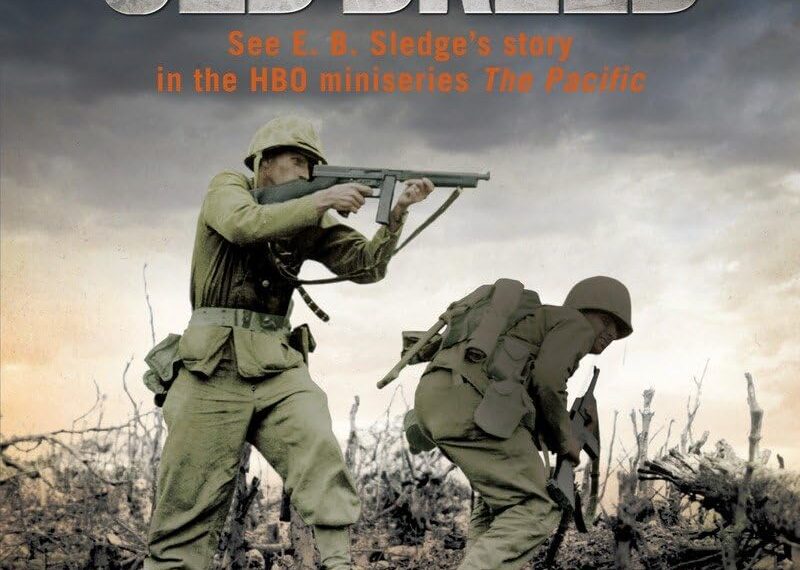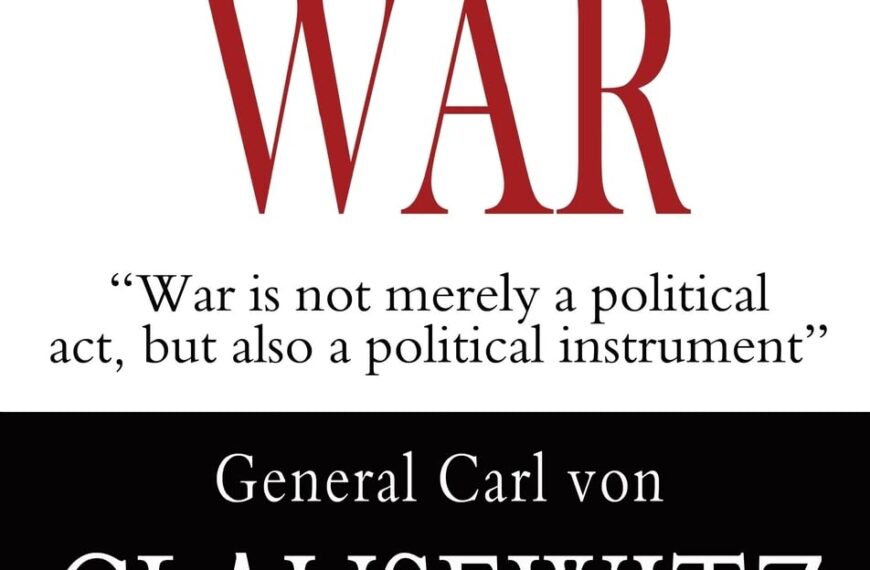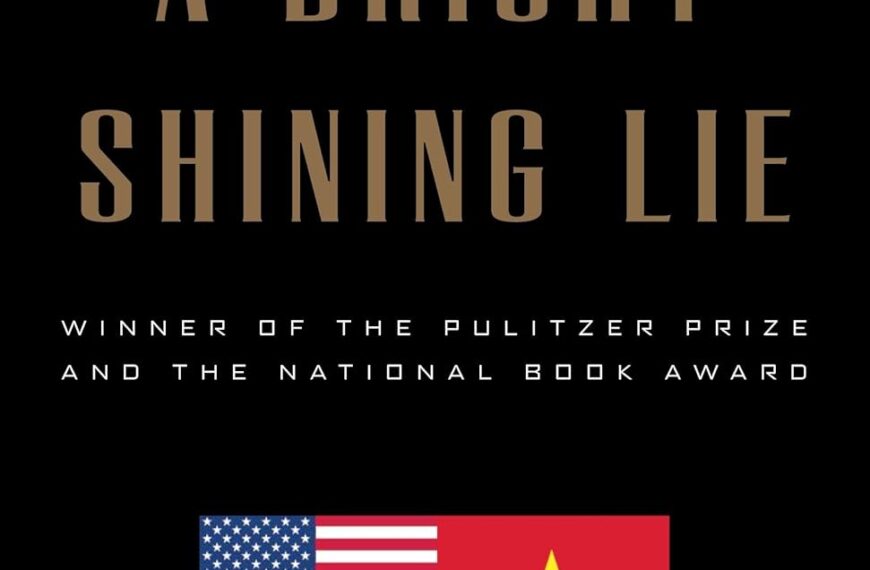The Guns of August is a historical book written by Barbara Tuchman, published in 1962. It is a detailed account of the events leading up to and the first month of World War
Tuchman’s narrative style and meticulous research have made this book a classic in the field of military history. The book provides a comprehensive analysis of the political, social, and military factors that led to the outbreak of the Great War, as well as the key players and decision-making processes that shaped the conflict. The Guns of August has been praised for its vivid storytelling and insightful analysis, making it a must-read for anyone interested in understanding the complexities of World War
The Guns of August begins with a detailed examination of the political and military landscape of Europe in the early 20th century. Tuchman provides a thorough overview of the alliances, rivalries, and tensions that existed between the major powers, including Germany, Austria-Hungary, Russia, France, and Britain. She also delves into the social and cultural factors that contributed to the growing sense of nationalism and militarism in Europe at the time. Tuchman’s narrative skillfully sets the stage for the events that would ultimately lead to the outbreak of World War I, providing readers with a deep understanding of the complex web of factors that shaped the conflict. The book then goes on to provide a detailed account of the events leading up to the war, including the assassination of Archduke Franz Ferdinand and the subsequent diplomatic maneuvering that took place in the weeks and months that followed. Through meticulous research and compelling storytelling, Tuchman brings to life the key players and decision-making processes that ultimately led to the declaration of war in August 1914.
The Outbreak of World War I
The outbreak of World War I was a culmination of years of political tensions, military build-ups, and diplomatic maneuvering between the major powers of Europe. The assassination of Archduke Franz Ferdinand of Austria-Hungary in Sarajevo on June 28, 1914, served as the spark that ignited the powder keg of European politics. The event set off a chain reaction of diplomatic crises and military mobilizations that ultimately led to the declaration of war in August 1914. Tuchman’s The Guns of August provides a detailed account of these events, shedding light on the complex web of alliances, rivalries, and power struggles that shaped the outbreak of the Great War.
Tuchman’s narrative skillfully captures the sense of urgency and uncertainty that pervaded Europe in the summer of 1914. As tensions escalated and diplomatic efforts failed to prevent the slide towards war, the major powers found themselves on a collision course that seemed increasingly difficult to avoid. The book provides a vivid portrayal of the key players involved in the decision-making process, including political leaders, military commanders, and diplomats, as they grappled with the rapidly unfolding crisis. Tuchman’s meticulous research and engaging storytelling bring to life the drama and complexity of the events leading up to the outbreak of World War I, providing readers with a deep understanding of the factors that ultimately led to this cataclysmic conflict.
Key Players and Decision-Making
| Key Players | Decision-Making Metrics |
|---|---|
| CEO | Revenue growth, strategic direction |
| Board of Directors | Corporate governance, major investments |
| Department Heads | Budget allocation, resource management |
The key players and decision-making processes that shaped the outbreak of World War I are central themes in The Guns of August. Tuchman provides a comprehensive analysis of the political leaders, military commanders, and diplomats who played pivotal roles in the events leading up to the war. From Kaiser Wilhelm II of Germany to Tsar Nicholas II of Russia, from Sir Edward Grey of Britain to Raymond Poincaré of France, Tuchman offers readers a detailed portrait of the individuals who shaped the course of history in the summer of 1914. Through meticulous research and engaging storytelling, she brings to life the personalities and motivations of these key players, shedding light on their decisions and actions as they navigated the rapidly unfolding crisis.
Tuchman’s narrative also delves into the decision-making processes that took place behind closed doors in the capitals of Europe. From Berlin to Vienna, from St. Petersburg to London, from Paris to Brussels, political leaders and military commanders grappled with the rapidly escalating crisis, making fateful decisions that would ultimately lead to war. The book provides readers with a deep understanding of the complexities and challenges faced by these decision-makers as they sought to navigate the treacherous waters of international politics and military strategy. Tuchman’s insightful analysis and vivid storytelling offer a compelling portrayal of the key players and decision-making processes that shaped the outbreak of World War
Military Strategy and Tactics
The military strategy and tactics employed during the early months of World War I are central themes in The Guns of August. Tuchman provides a detailed account of the mobilization and deployment of forces by the major powers, as well as the initial battles and campaigns that took place in August 1914. From the German invasion of Belgium to the French offensive in Alsace-Lorraine, from the Russian advance into East Prussia to the British Expeditionary Force’s deployment to France, Tuchman offers readers a comprehensive analysis of the military actions that characterized the opening phase of the war. Through meticulous research and engaging storytelling, she brings to life the challenges and complexities faced by military commanders as they sought to implement their strategic plans and tactics on the battlefield.
Tuchman’s narrative also delves into the technological innovations and doctrinal developments that shaped military operations during this period. From trench warfare to artillery bombardments, from cavalry charges to infantry assaults, from naval blockades to aerial reconnaissance, The Guns of August provides readers with a deep understanding of the evolving nature of warfare in the early 20th century. Tuchman’s insightful analysis sheds light on the successes and failures of military strategy and tactics employed by the major powers, offering a compelling portrayal of the complexities and challenges faced by commanders on both sides of the conflict. The book serves as a valuable resource for anyone interested in understanding the military dimensions of World War
The Impact of The Guns of August
The impact of The Guns of August has been profound and far-reaching since its publication in 1962. Barbara Tuchman’s meticulous research and engaging storytelling have made this book a classic in the field of military history, shaping our understanding of World War I for decades. The Guns of August has been widely praised for its vivid portrayal of the events leading up to and the first month of the Great War, offering readers a comprehensive analysis of the political, social, and military factors that shaped the conflict. Tuchman’s narrative has had a lasting impact on our understanding of this pivotal period in history, influencing subsequent scholarship and popular perceptions of World War
The Guns of August has also had a significant impact on public discourse and popular culture. The book has been widely read by students, scholars, and general readers alike, shaping their understanding of World War I and its enduring significance. Tuchman’s compelling storytelling has brought to life the drama and complexity of this cataclysmic conflict, capturing the imagination of readers around the world. The Guns of August has also been adapted into a documentary film and has inspired numerous works of fiction and non-fiction that explore the events and themes it covers. Its impact on public discourse and popular culture has cemented its status as a seminal work in the field of military history.
Criticisms and Controversies
While The Guns of August has been widely praised for its meticulous research and engaging storytelling, it has also faced criticisms and controversies since its publication. Some scholars have questioned Tuchman’s interpretation of certain events and her portrayal of key players in the lead-up to World War
They have argued that her narrative may oversimplify complex historical realities or overlook important nuances in favor of dramatic storytelling. Additionally, some critics have raised concerns about potential biases or omissions in Tuchman’s analysis, suggesting that her perspective may not fully capture all aspects of this multifaceted conflict.
Controversies have also arisen around specific aspects of Tuchman’s narrative, such as her portrayal of certain military campaigns or her assessment of individual leaders’ decisions. Some scholars have challenged her conclusions about key events or questioned her use of sources in constructing her account. These criticisms and controversies have sparked debates among historians and readers about the accuracy and reliability of Tuchman’s portrayal of World War
While The Guns of August remains a seminal work in military history, it has not been immune to scrutiny and debate over its interpretations and conclusions.
Legacy and Influence
The legacy and influence of The Guns of August are undeniable, as Barbara Tuchman’s book has left an indelible mark on our understanding of World War
Its meticulous research, engaging storytelling, and comprehensive analysis have made it a classic in the field of military history, shaping our perceptions of this pivotal period in global affairs. The book’s enduring influence can be seen in its continued popularity among students, scholars, and general readers alike, as well as its impact on subsequent scholarship and public discourse about World War
The Guns of August has also had a lasting legacy in popular culture, inspiring adaptations into documentary films and serving as a touchstone for numerous works exploring this period in history. Its influence can be seen in how it has shaped public perceptions and discussions about World War I, contributing to a broader understanding of its significance. While facing criticisms and controversies, The Guns of August remains an influential work that continues to shape our understanding and appreciation for this pivotal moment in history.





